Optimal Timing for Retaining Wall Repairs
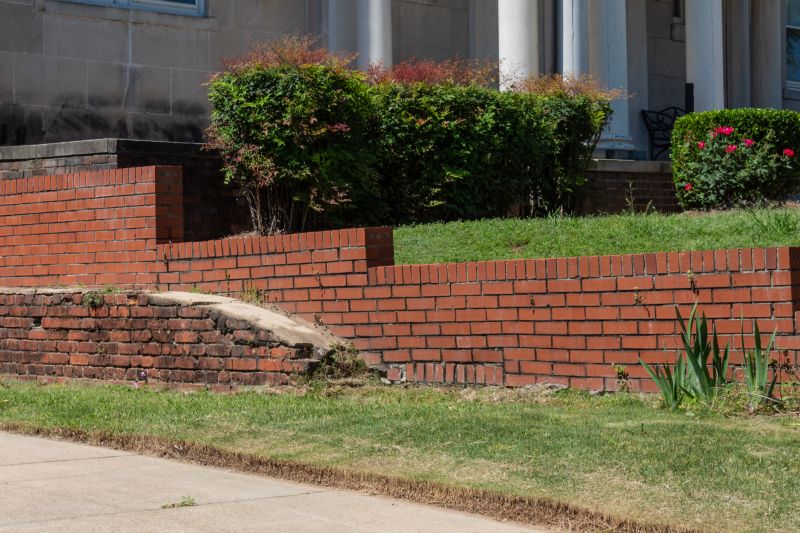
Spring offers moderate temperatures and less rainfall, ideal for repairs.
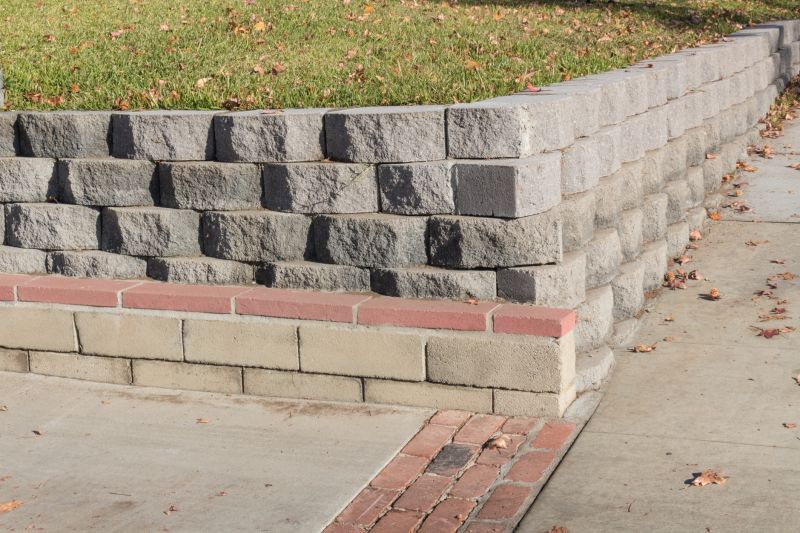
Dry weather reduces delays and ensures proper curing of materials.
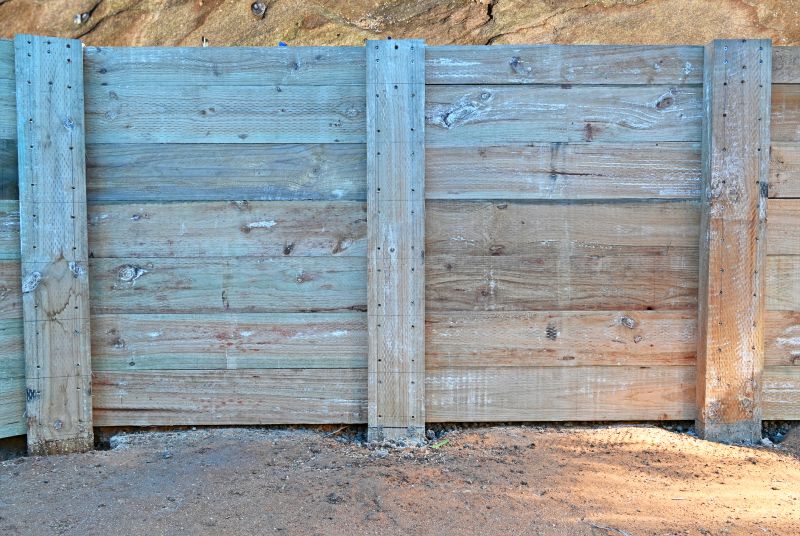
Early fall provides cooler temperatures and stable ground for repairs.
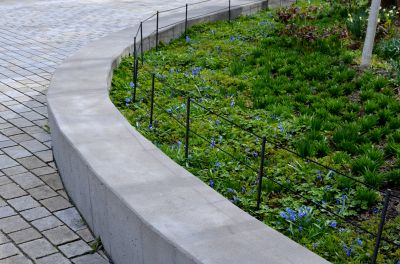
Ways to make Retaining Wall Repairs work in tight or awkward layouts.
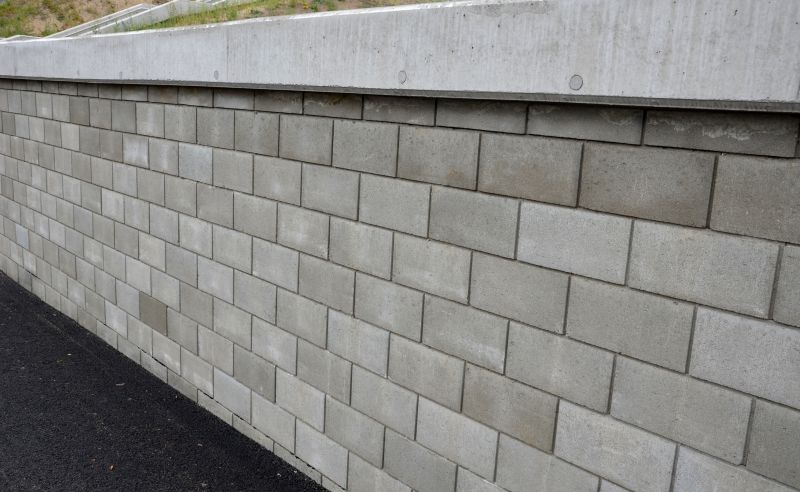
Popular materials for Retaining Wall Repairs and why they hold up over time.
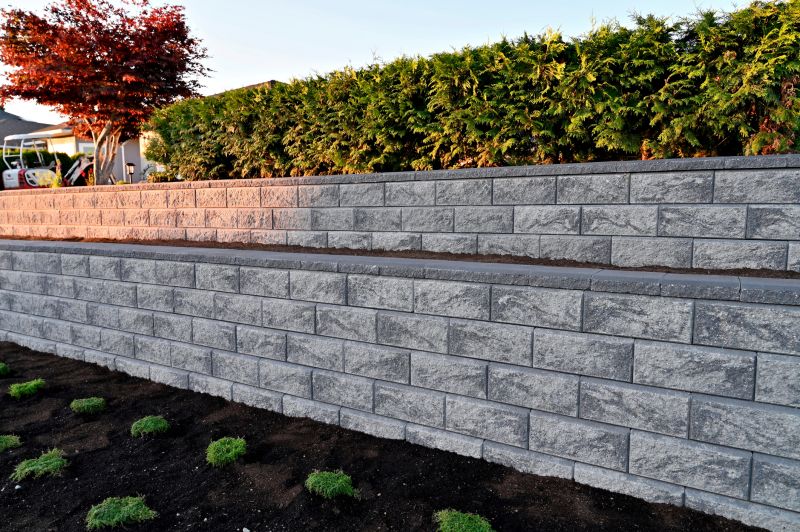
Simple add-ons that improve Retaining Wall Repairs without blowing the budget.
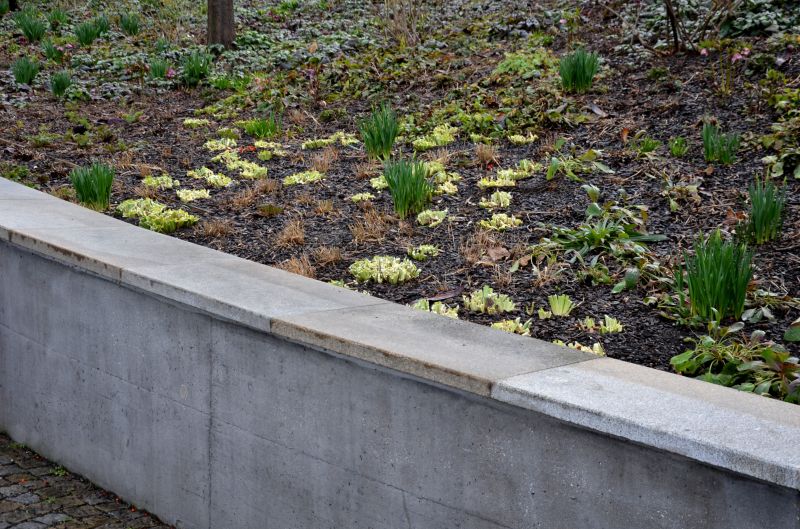
High-end options that actually feel worth it for Retaining Wall Repairs.
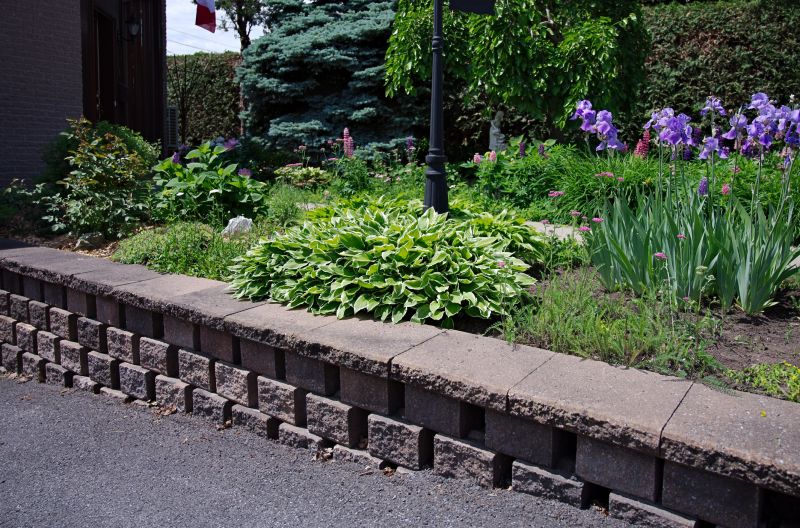
Finishes and colors that play nicely with Retaining Wall Repairs.
Retaining wall repairs are essential for maintaining structural integrity and preventing soil erosion. Timely repairs can extend the lifespan of the wall, reduce long-term costs, and improve safety. The best time to undertake repairs depends on weather conditions, soil stability, and project scope. Typically, dry and moderate weather periods facilitate better work conditions and material curing, making spring, summer, and early fall optimal seasons for repairs.
Rain and freezing temperatures can delay repairs and compromise materials.
Stable soil conditions are necessary for effective repair work and long-term durability.
Warm, dry weather promotes faster curing of concrete and other materials.
Regular inspections help identify issues early and determine the best repair timing.
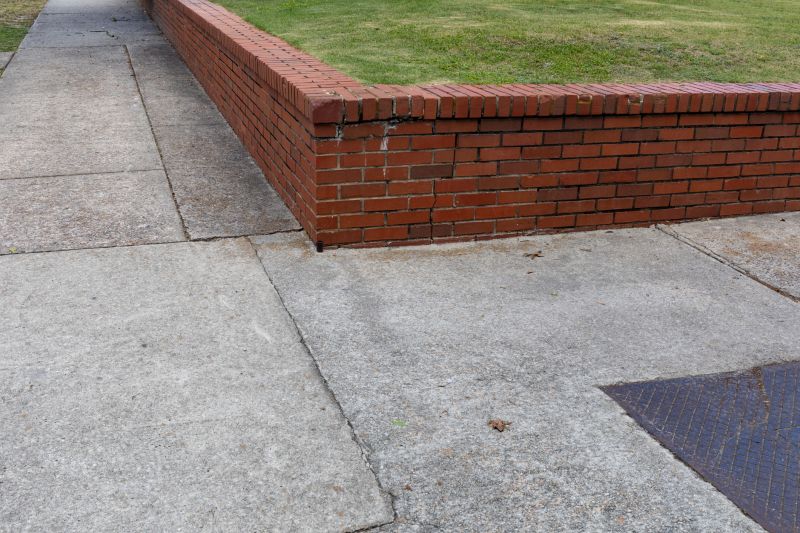
Workers repairing a retaining wall during mild spring weather.
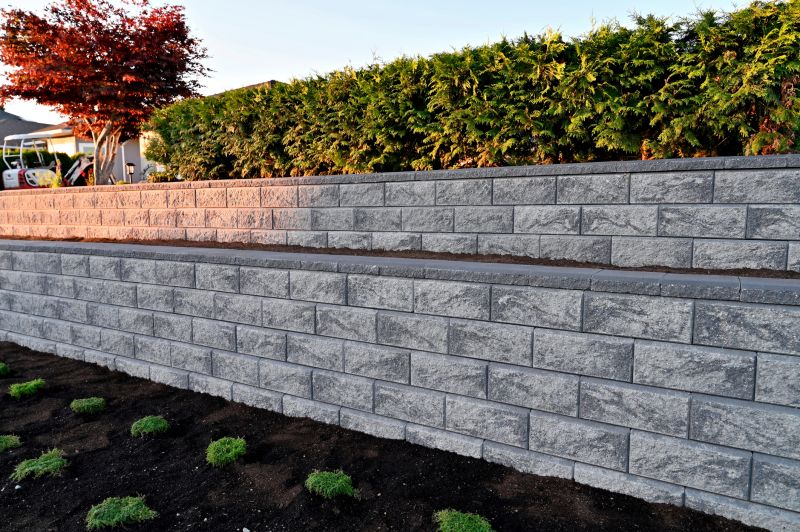
Dry summer conditions facilitate efficient repair work.
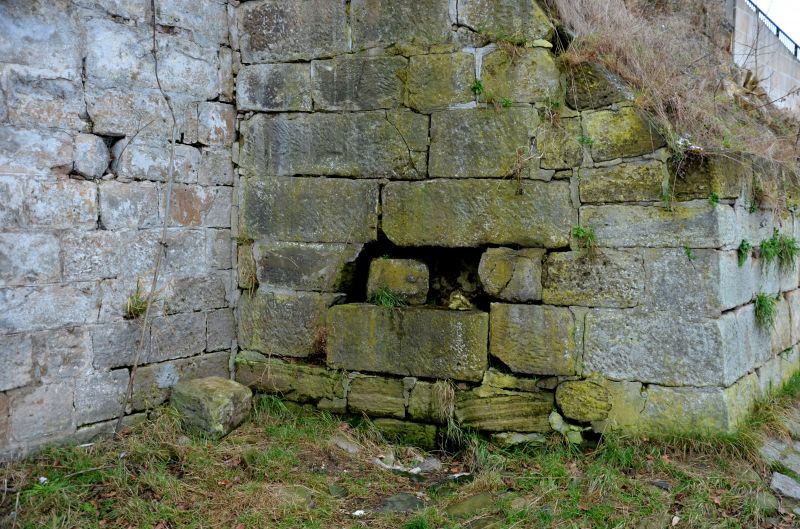
Fall provides an opportunity for proactive repairs before winter.
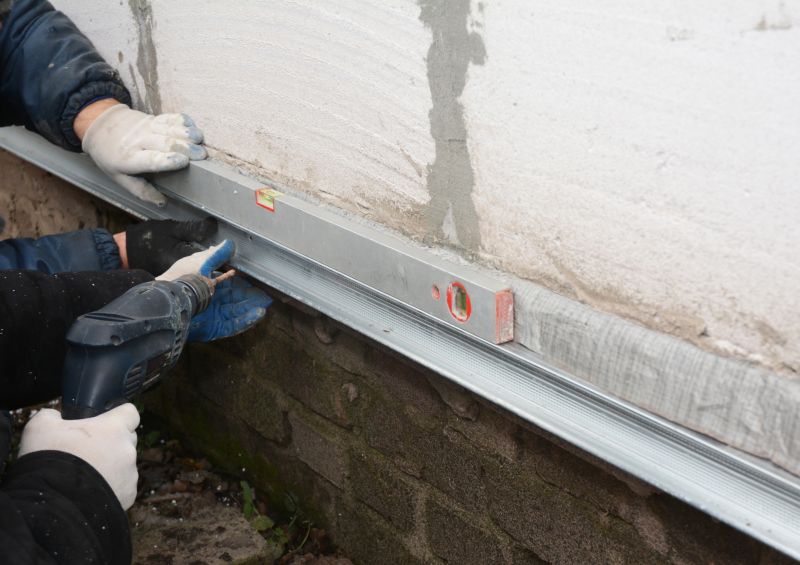
Using appropriate tools and materials for effective repairs.
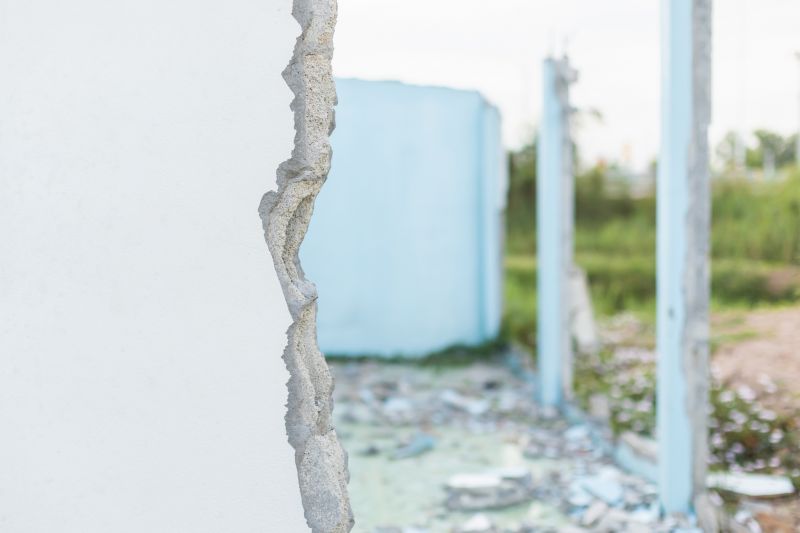
Assessing damage to determine the optimal repair schedule.
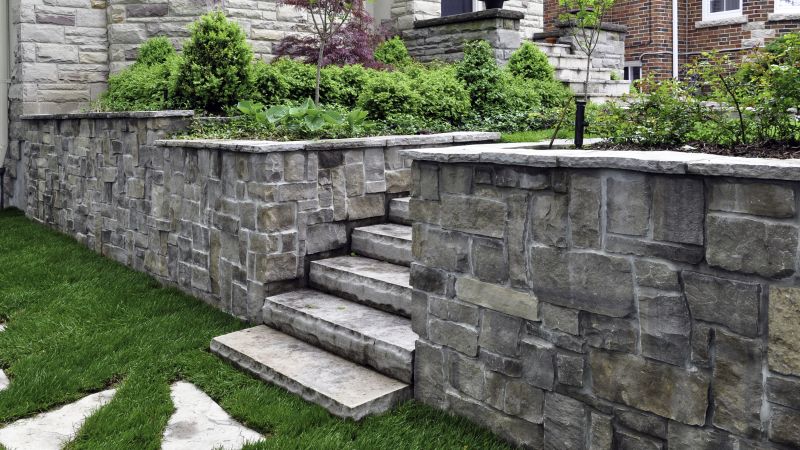
A sturdy, repaired retaining wall ready to withstand elements.
| Season | Ideal Conditions |
|---|---|
| Spring | Moderate temperatures, less rainfall |
| Summer | Dry weather, high temperatures |
| Fall | Cool temperatures, stable ground |
| Winter | Freezing temperatures, snow, and rain |
Understanding the seasonal factors affecting retaining wall repairs can optimize project outcomes. Proper timing ensures better work conditions, reduces delays, and enhances the durability of repairs. Consulting with professionals can help determine the most suitable period based on local climate and specific wall conditions.
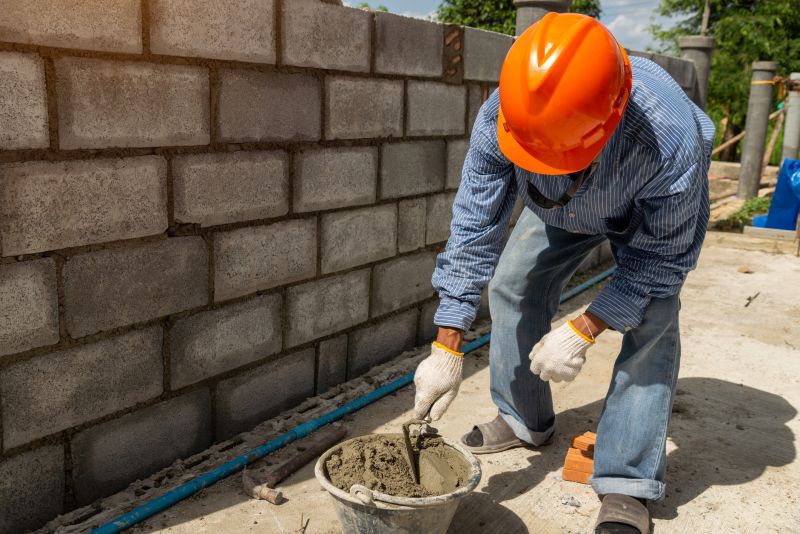
Team working on a retaining wall during spring.
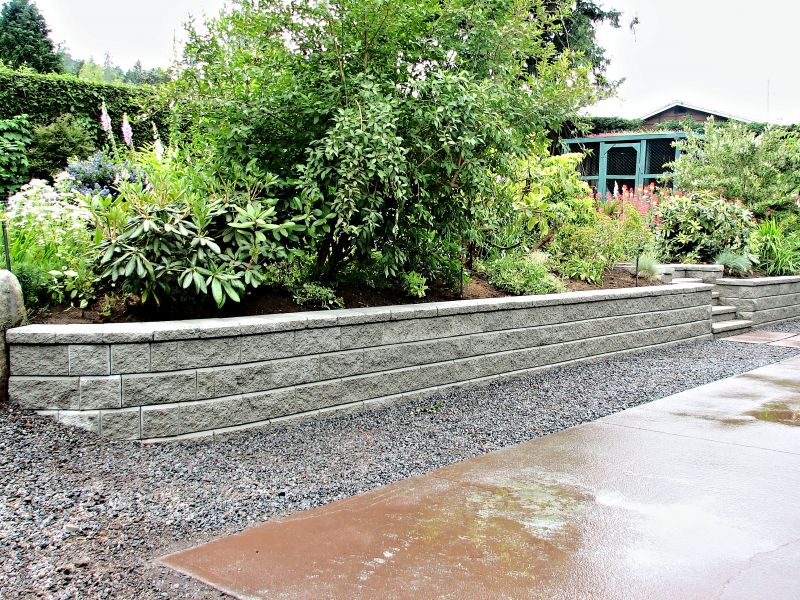
Dry summer conditions aiding repair activities.
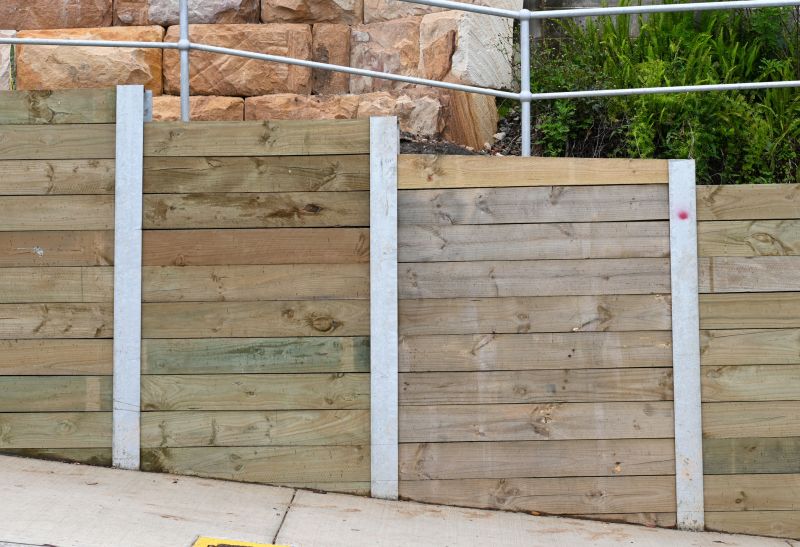
Preparing for repairs before winter sets in.
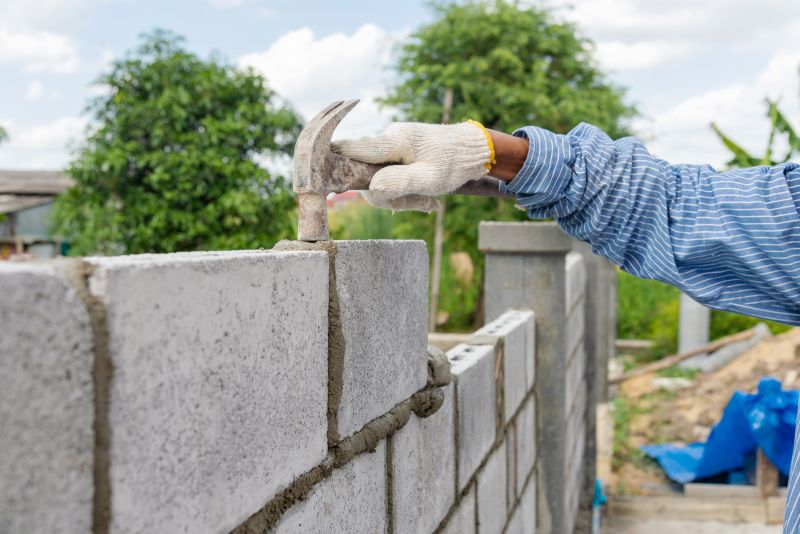
Adverse weather affecting repair schedules.
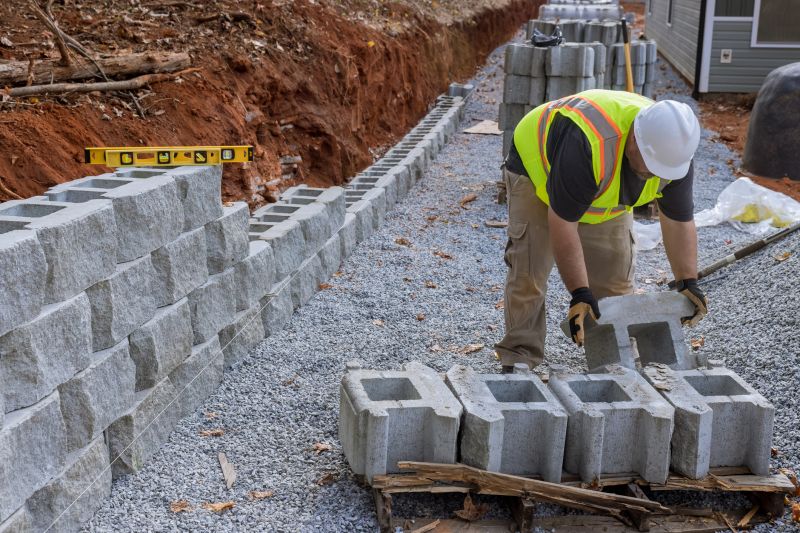
Little measurements that prevent headaches on Retaining Wall Repairs day.
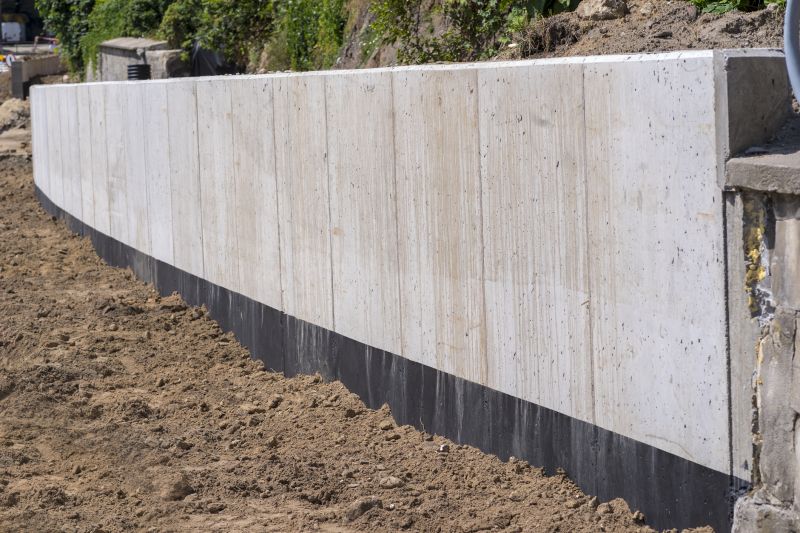
A 60-second routine that keeps Retaining Wall Repairs looking new.
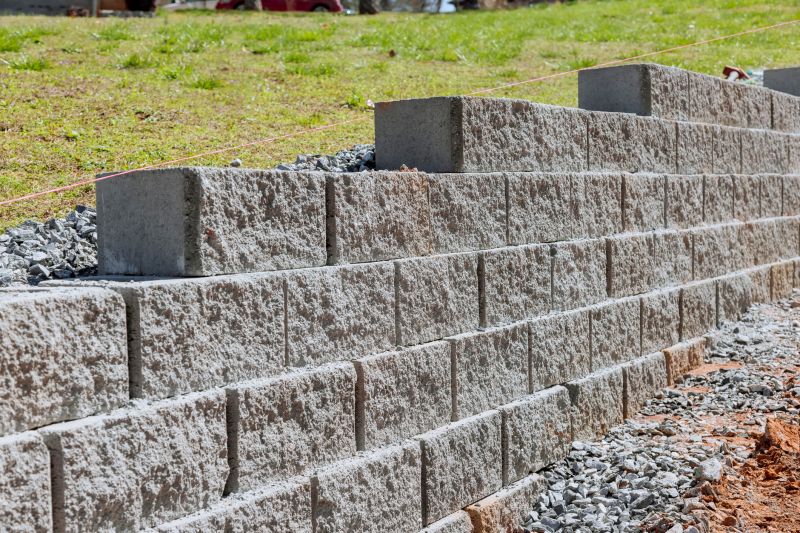
A frequent mistake in Retaining Wall Repairs and how to dodge it.
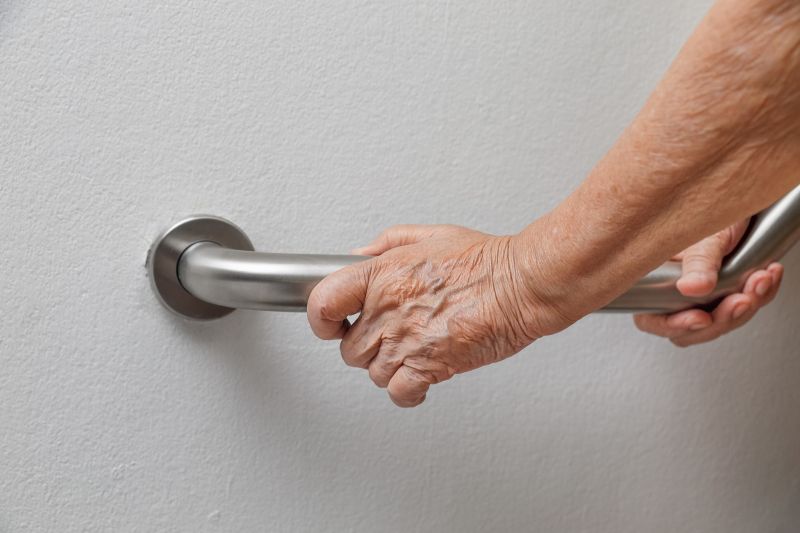
Small tweaks to make Retaining Wall Repairs safer and easier to use.
Interested in retaining wall repairs? Filling out the contact form can provide more information and assistance tailored to specific needs and local conditions.
